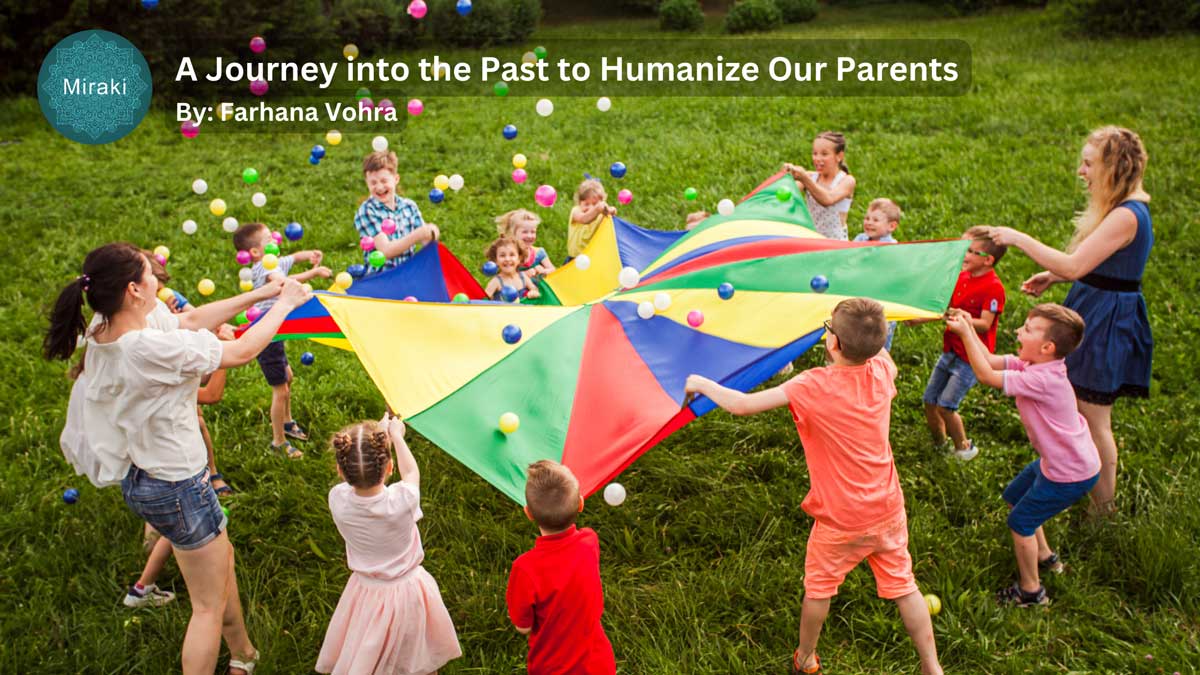A journey into the past to humanize our parents
In the hustle of daily life, it’s easy for older children to view their parents through the lens of maturity, experience, and responsibility. However, the transformative act of visiting their parents’ younger selves offers a unique opportunity to humanize them, reminding us that they, too, were once navigating the uncertainties of youth.
Like everyone else, parents are living their lives for the first time. They grapple with challenges, make decisions, and experience theuncharted territories of adulthood. While we may perceive them as wise and all-knowing, the truth is that they, too, faced moments of uncertainty, self-discovery, and the trials that come with growing up.
This journey to their younger selves allows older children to witness their parents’ lives unfold in real time, understanding that each decision made was a step into the unknown.
Parents grapple with understanding the next generation, hoping to provide their children with a platform of stability and love. In modern parenting, the shift is profound, with parents treating their children as individuals.
It’s a reminder that parents are not infallible but individuals who, like their children, are learning and evolving throughout their lives journey.
By exploring the past, we encounter a version of our parents that existed before the responsibilities of parenthood took center stage.
This journey fosters empathy and a deeper understanding of the struggles, dreams, and aspirations that shaped their youth. It’s an acknowledgment that parents, too, were once young dreamers, facing the complexities of life with the same mix of excitement and trepidation that their children experience today.
Parents are not immune to life’s uncertainties despite their roles as guides and providers. This realization can be both humbling and empowering for older children.
The journey back in time also serves as a bridge between generations. It encourages open communication, where parents and children can share stories, fears, and lessons learned. This exchange helps break down the barriers of age and authority, fostering a relationship built on mutual understanding and respect.
In essence, visiting their parents’ younger selves invites older children to see beyond the roles of provider and protector. It’s a call to recognize the shared humanity between parent and child, grounded in the understanding that both are navigating the unpredictable journey of life for the first time.
Written by: Dr.(hon) Farhana Vohra




Leave a Reply